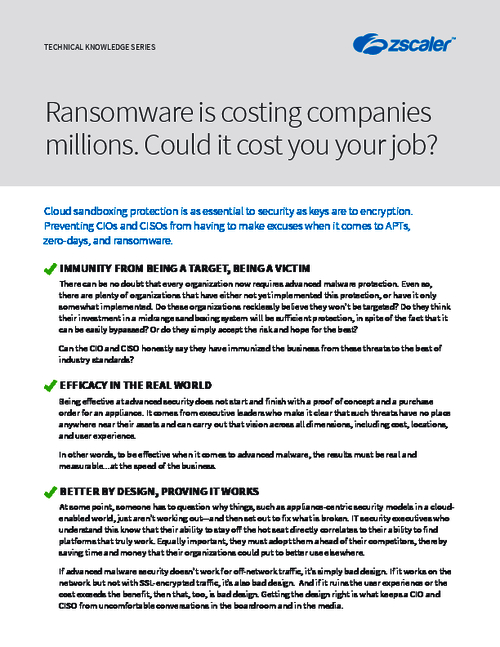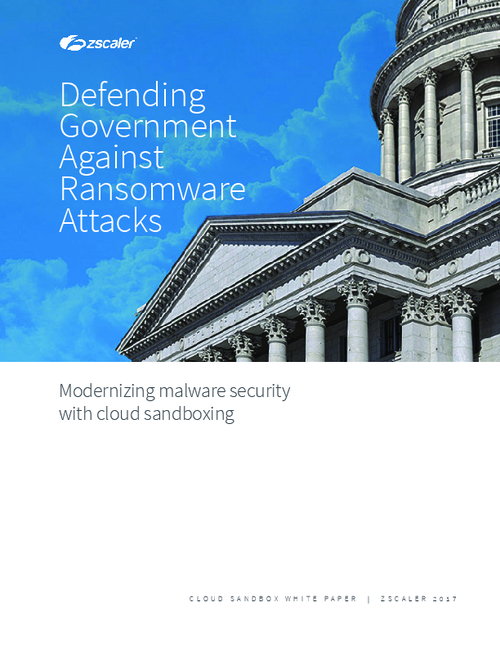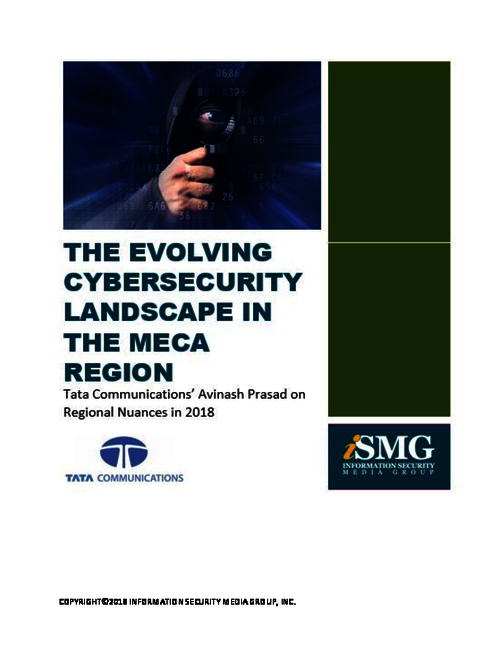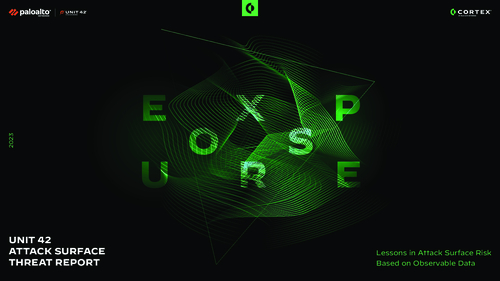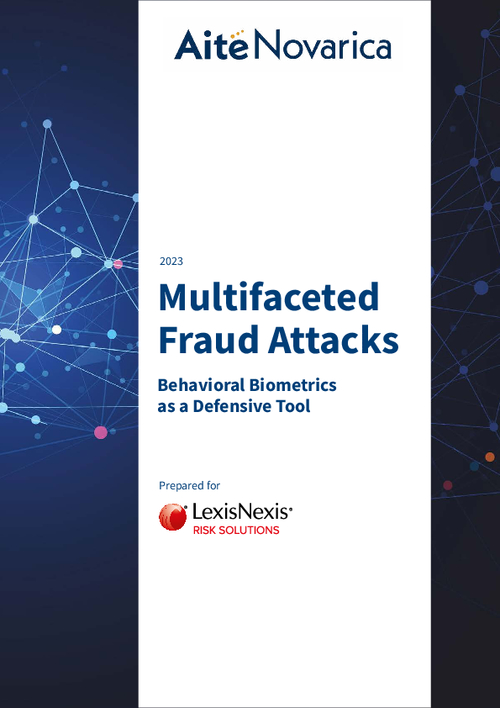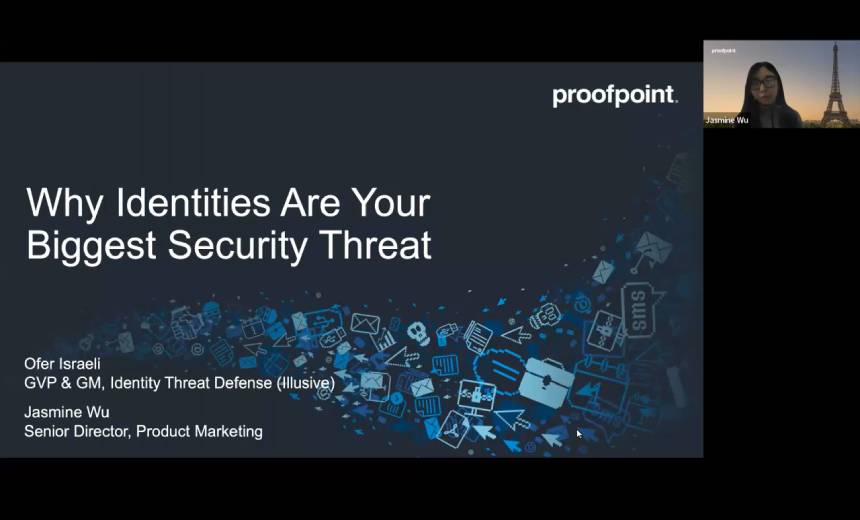Governance & Risk Management , Video , Zero Trust
Why Critical Infrastructure Organizations Lag in Zero Trust
Okta's Ben Goodman Sees Need to Protect Employee and Customer IdentitiesThe latest Ponemon Institute data breach survey finds that critical infrastructure lags behind other industries in zero trust adoption. The vast majority of critical infrastructure organizations surveyed don’t embrace zero trust strategies. Their average breach costs were $5.4 million, $1.17 million higher than zero trust adopters.
See Also: The State of Organizations' Security Posture as of Q1 2018
"That's because a lot of firms that we consider to be critical infrastructure typically come from backgrounds around telecommunications, manufacturing and much more traditional industries who have a typical security posture much more focused on the network, key applications and internal services," says Ben Goodman, senior vice president and general manager for the Asia-Pacific region at Okta, an independent identity provider.
The rise in digital initiatives is exposing more business services to outside threats as more internal applications become customer-facing. "So it's been harder for them to adopt an identity-first and zero trust strategy because it means a fundamental change in how they look at security," Goodman says.
Goodman expects more organizations to adopt zero trust for a subset of application services and then expand into others for a more holistic approach. This move will be driven by increased data breaches and ransomware threats, he says.
"Zero trust has identified that if you can secure the identity of both your employees and your business, the B2B partnerships that you have, and your customers - and secure who is interacting with your systems, you are going to minimize how much exposure you have to ransomware and secure those engagements," Goodman says.
In this video interview with Information Security Media Group, Goodman also discusses:
- Why traditional industries are struggling to adopt zero trust;
- How zero trust principles and zero trust network architecture help secure workplace and customer identities;
- Okta's outlook and plans for the Indian market.
Goodman manages Okta's entire business operations and spearheads the company's growth plans in the Asia-Pacific region. He has over 20 years of experience in the technology industry leading hyper-growth businesses across the region, executing sales strategy and establishing strategic relationships with the APAC partner community. He previously served as senior vice president and general manager for New Relic in Asia-Pacific and Japan.



